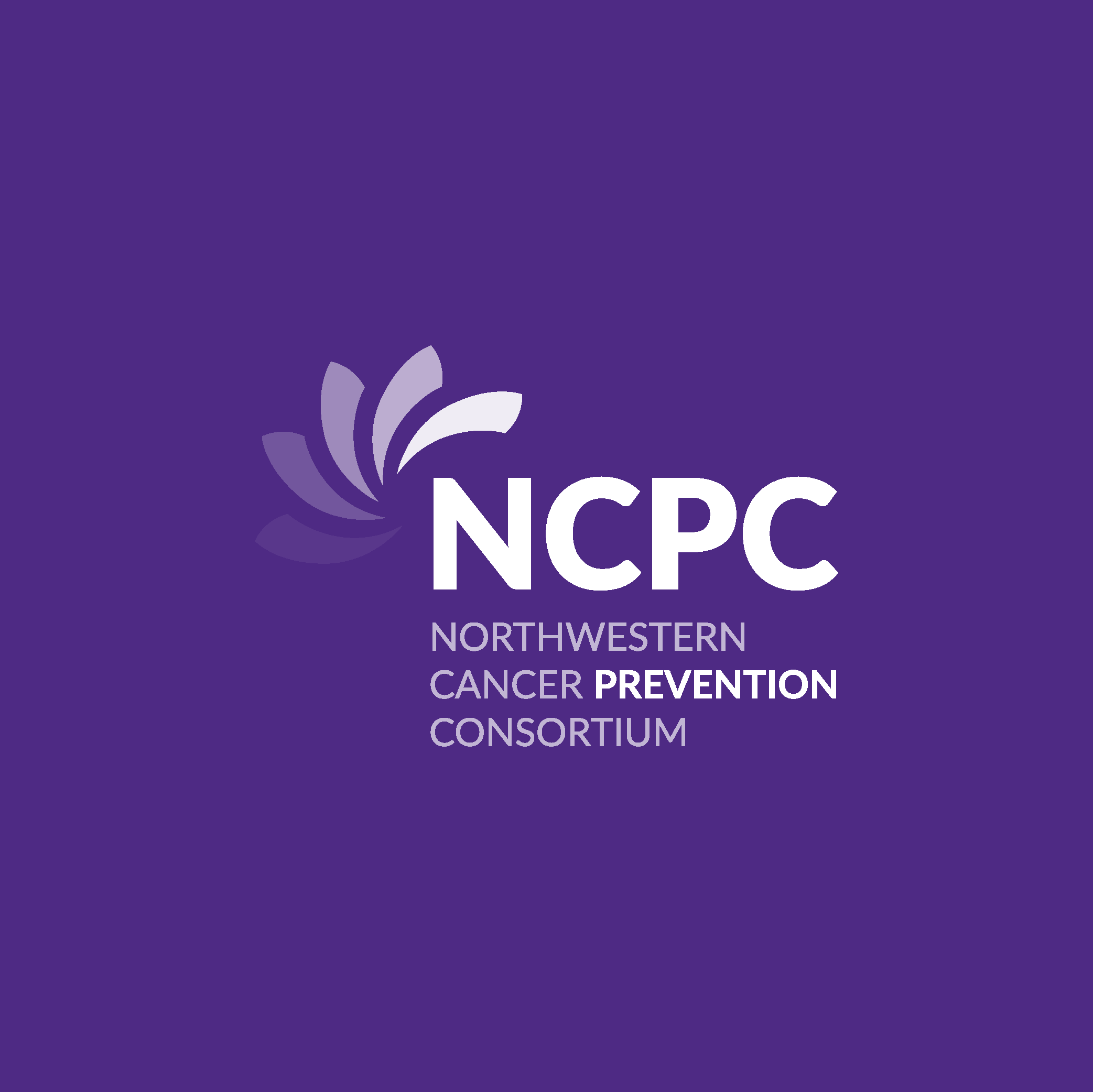
University of Illinois Cancer Center members are invited to submit ideas for early-phase clinical trials in cancer prevention to the Northwestern Cancer Prevention Consortium (NCPC), in which the UI Cancer Center is a member.
The NCPC, which includes 15 institutional members, is one of three academic consortia that were recently approved for funding by the National Cancer Institute, Division of Cancer Prevention (NCI/DCP). These consortia comprise the newly-created Cancer Prevention Clinical Trials Network (CP-CTNet). The funding provides infrastructure and administrative support for investigator-initiated – as well as NCI-solicited – Phase 0-II biomarker-based primary prevention trials. This support includes assistance with proposal development, biospecimen management, statistical analysis and recruitment. Eligible trials should have a sample size under ~120, with a budget under $1 million.
For cancer prevention researchers, this NCI/DCP program offers unique advantages over other funding mechanisms for the conduct of early-phase trials. The applicant pool is restricted, so the success rate is far higher than through other mechanisms. Between 2012 and 2017, 59% of NCPC’s proposals were funded, compared to only 12% for unsolicited R01 proposal submissions.
NCI/DCP outlined a number of areas of emphasis for the CP-CTNet. Trials addressing these topics are more likely to be funded:
- Immunoprevention
- Alternative/intermittent dosing regimens
- Obesity-diabetes connection
- Targeting multiple chronic diseases
- Localized therapies
- Innovative agents (molecularly targeted agents, repurposing “old” drugs)
- Innovative early-phase trial designs (e.g., gene expression analysis)
To learn more, contact Maarten Bosland, DVSc, PhD, professor of pathology, University of Illinois at Chicago, College of Medicine, at [email protected].
